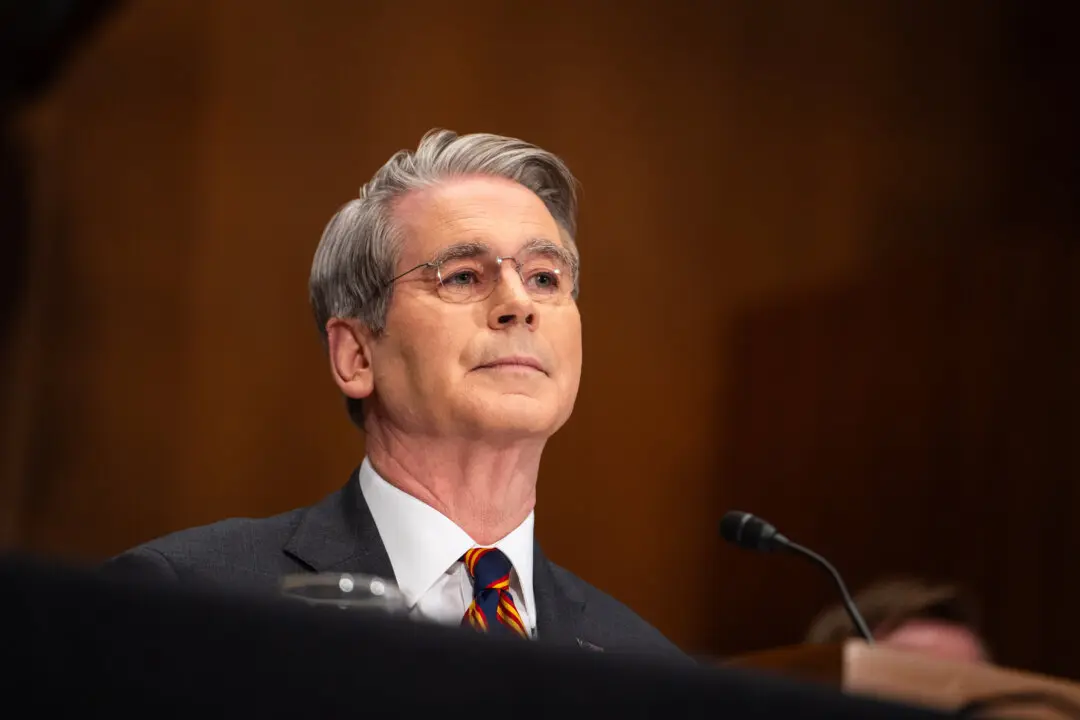Iowa Gov. Kim Reynolds confirmed she will sign an executive order that would restore voting rights for those convicted of a felony.
“We’re working on that right now, sitting down with various groups, listening to what they think is important, what is contained in that executive order,” Reynolds, a Republican, told Radio Iowa on Tuesday. “And then I’ve got my legal team working on it.”





